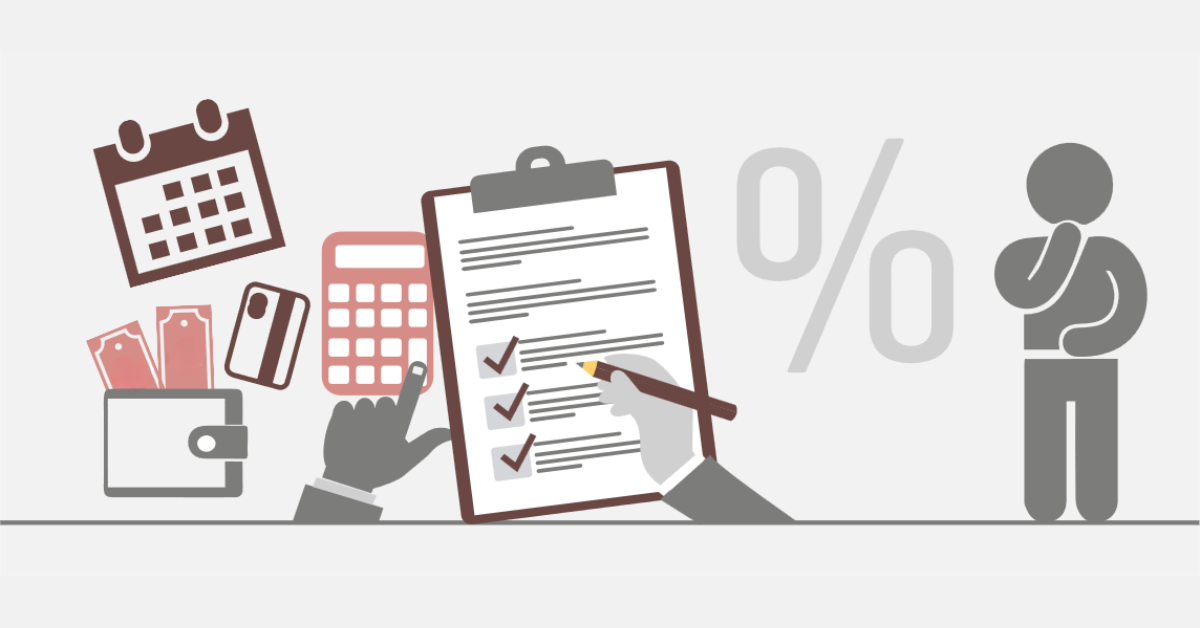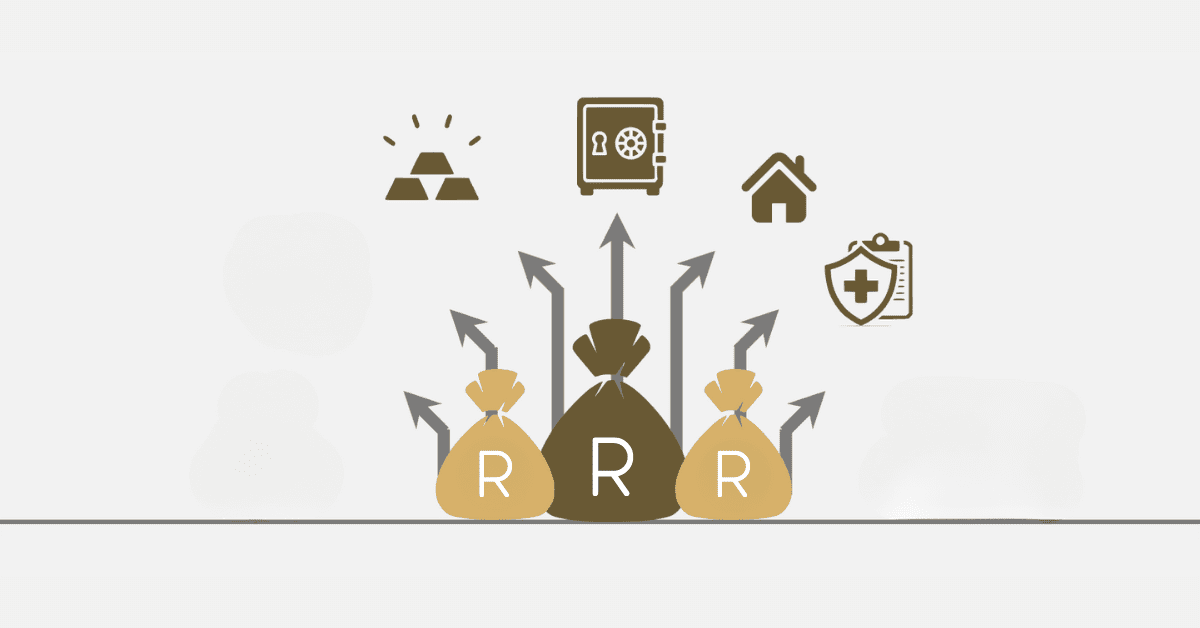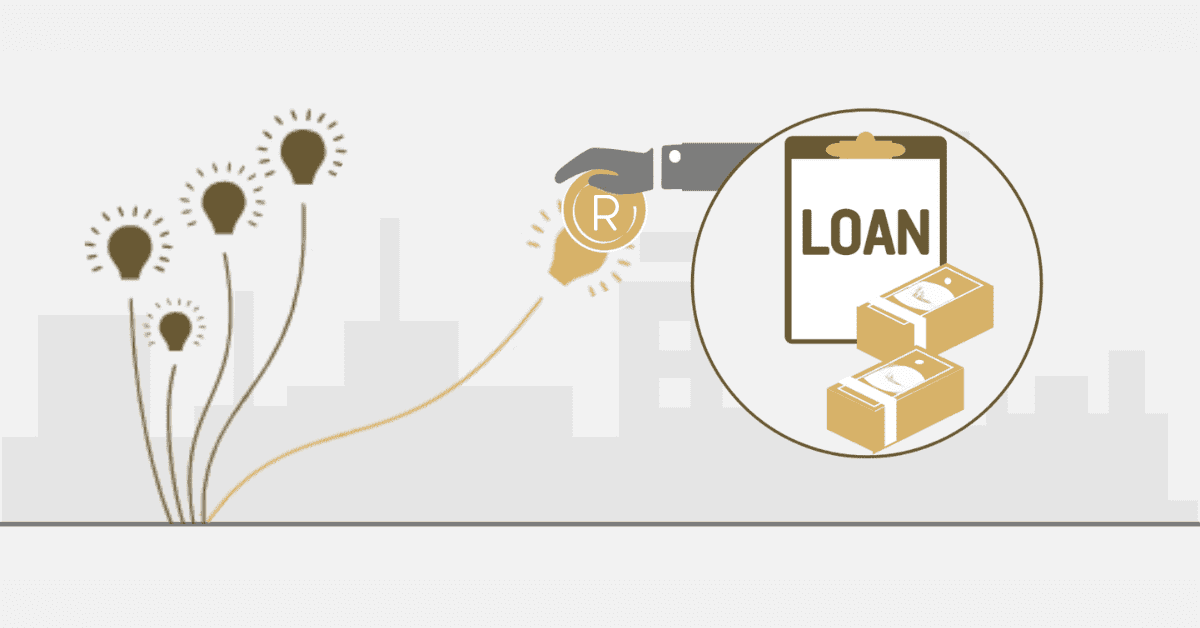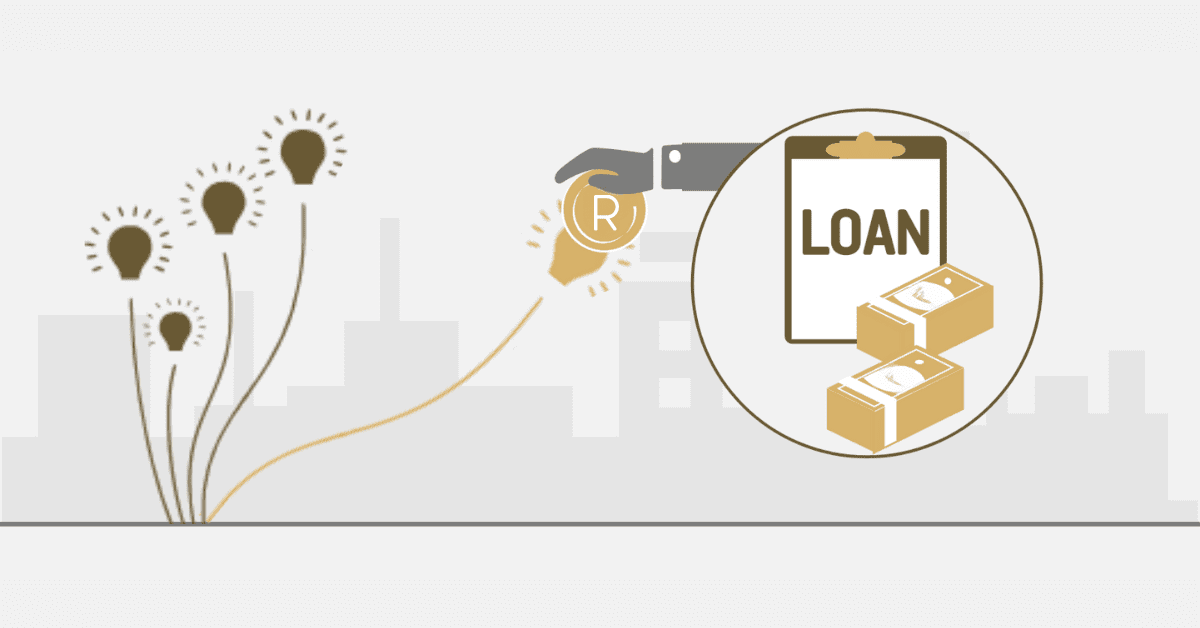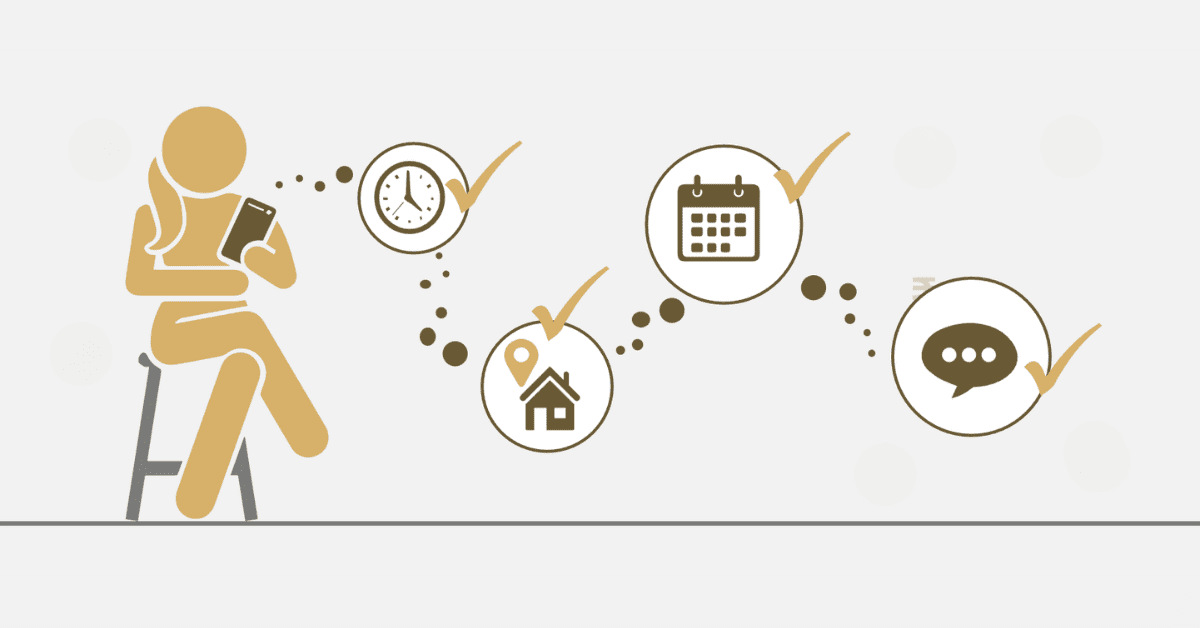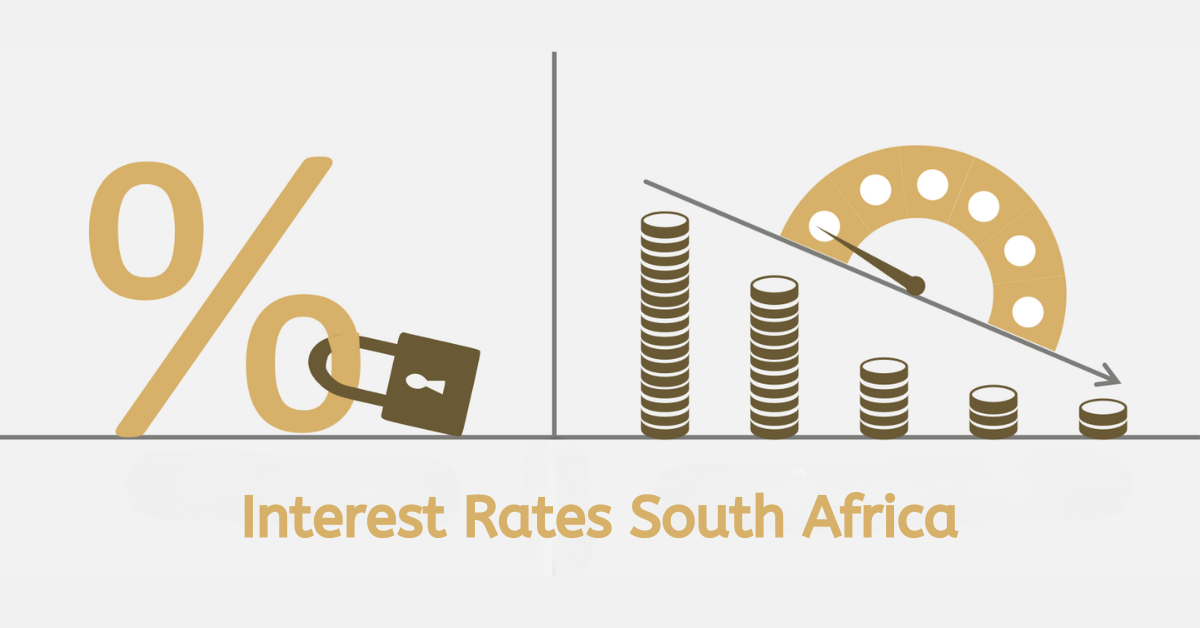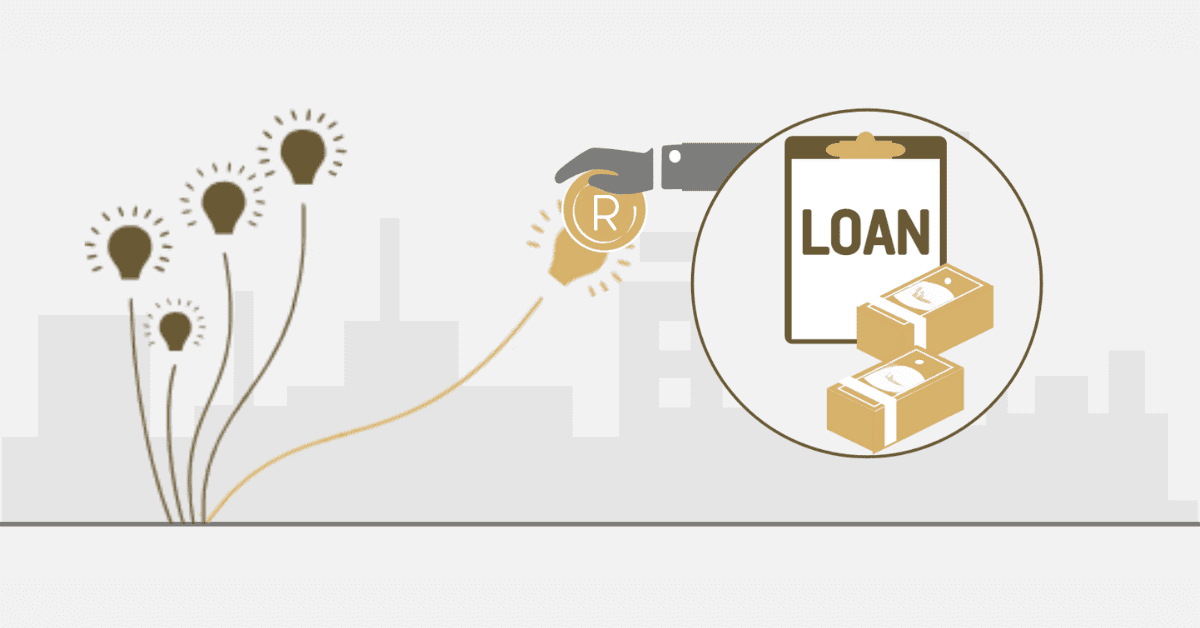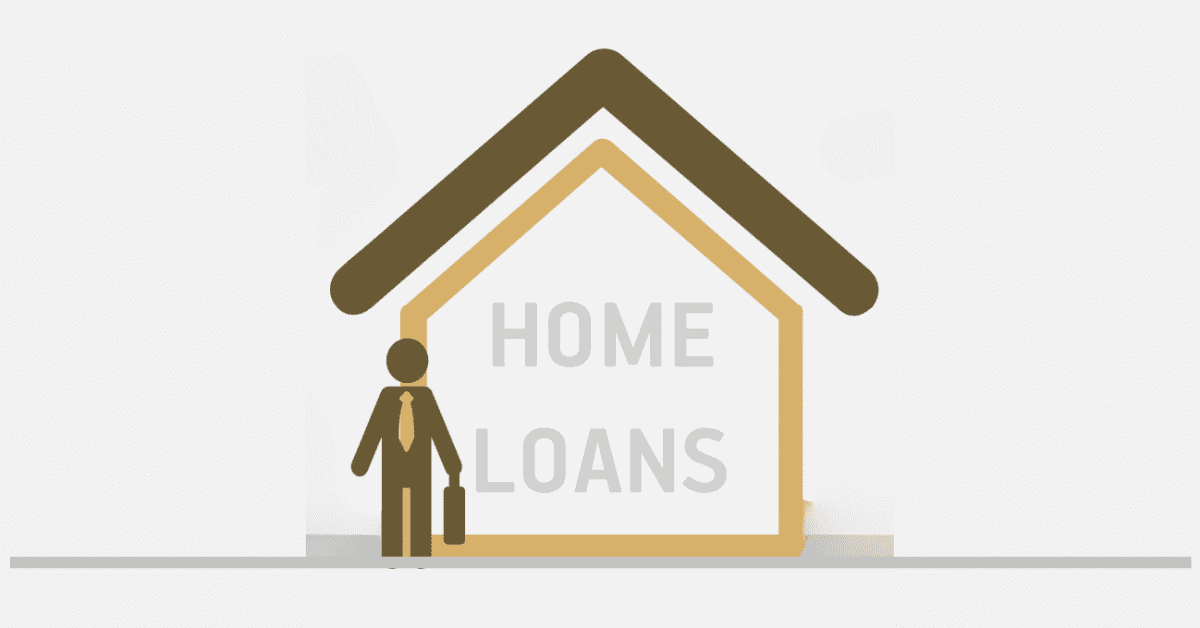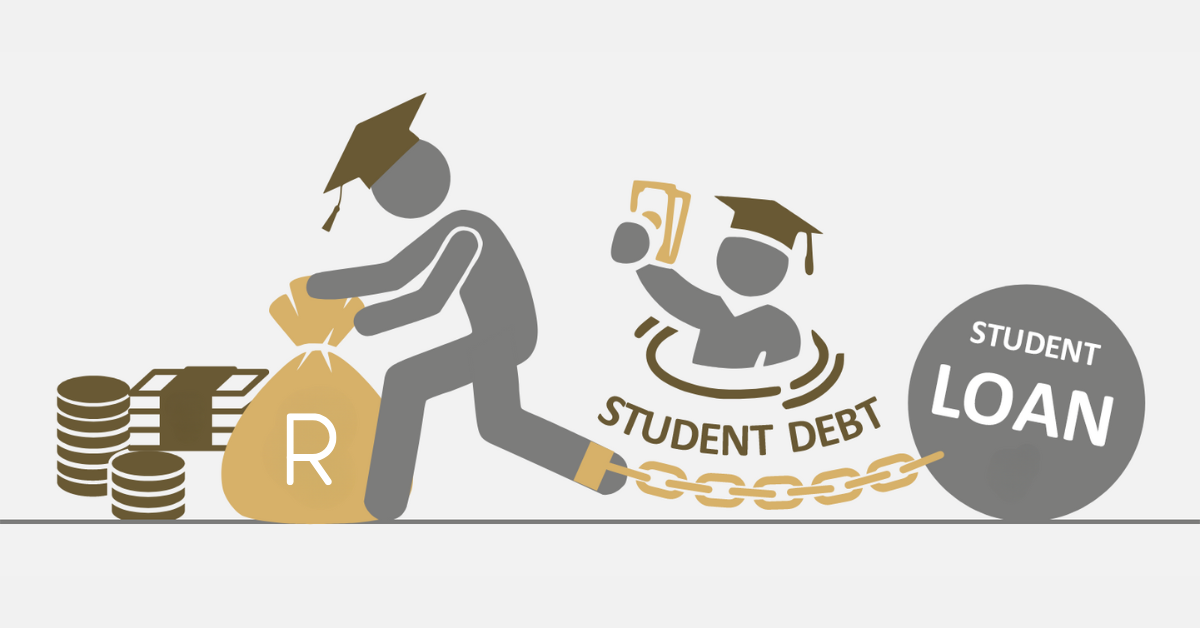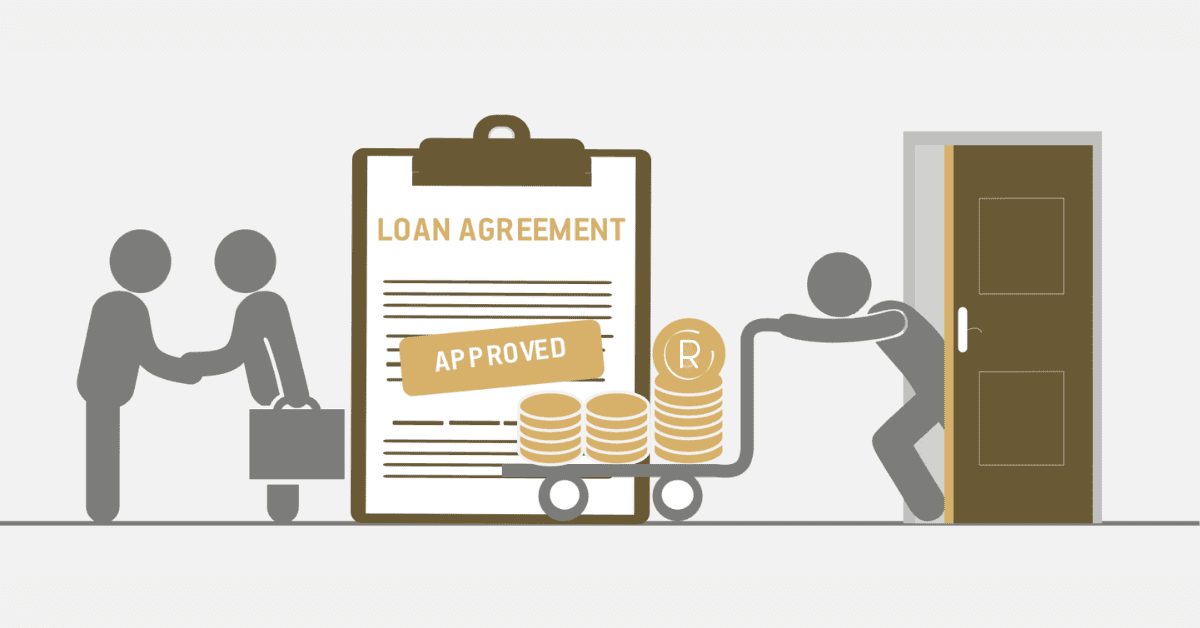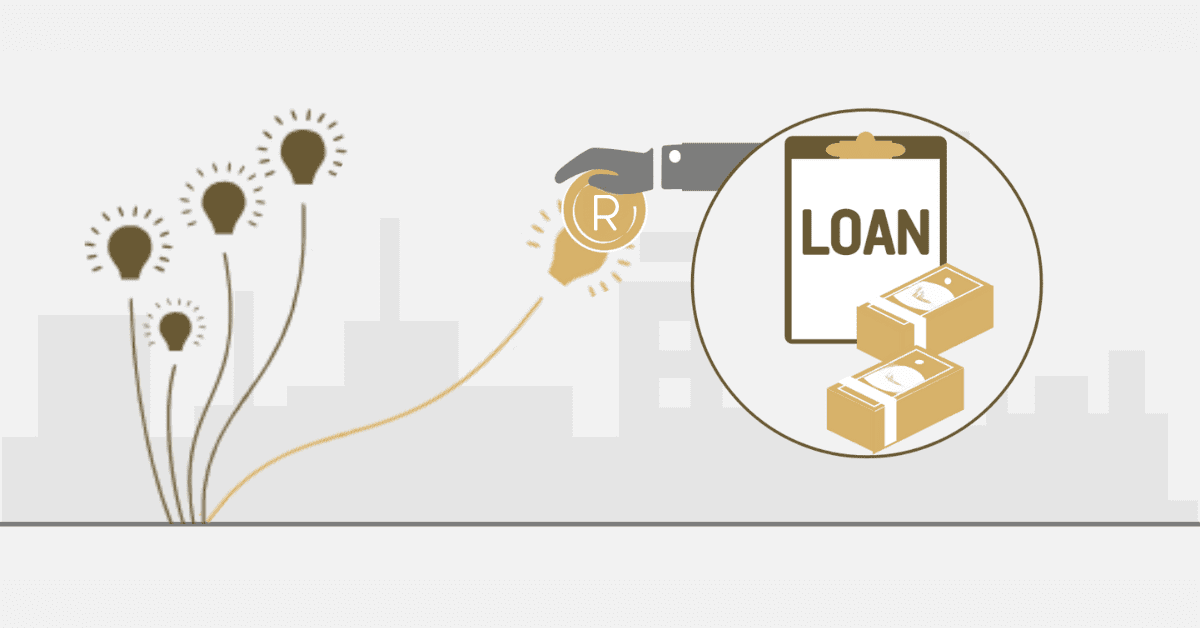This process in South Africa offers the ultimate solution to people haunted by tapping credits. The process was initiated due to an aspect of the National Credit Act. The law was implemented in 2007 and gives over-indebted individuals the opportunity to seek loan rehabilitation measures to regain control of their finances.
It’s practically hard to clear one’s loans, given the massive increase in the cost of living among many South Africans. This exercise is a kind of organized way for one to achieve financial freedom by ensuring loan repayment by consumers remains affordable and protects consumers from legal action by creditors. The guide, therefore, explores how it works, its benefits, and even its drawbacks.
What is Debt Counselling?
It is a formal process aimed at helping South African people who have significant debt burdens. It is an assessment by a registered debt counselor of any person’s financial position. When a counselor finds someone overindebted, he will negotiate with the creditors to reduce monthly repayments and interest rates. The overall objective of any such process is to create a workable program of debt repayment, where the debtor’s interests are taken care of at par while ensuring the obligations about repaying are adequately met. This makes debt management easier and provides statutory protection from creditor actions, enabling people to work toward a no-debt life in a very structured manner.
How Does South African Debt Counselling Work?
Below is a detailed explanation of how it operates:
Step 1: Application
The process initiates with applying for a registered debt counselor. Any person who cannot make his monthly debt Payments can do this. In this stage, the applicant must give complete details about their income, expenditure, and all other outstanding arrears.
Step 2: Assessment
The counselor will assess the debtor’s monetary status to see if they’re over-indebted. The individual’s earnings are drawn against the monthly expenses and credit obligations. If their living expenses cannot be met by the applicants themselves without reducing the installments payable towards their debts, then such a person is considered over-indebted.
Step 3: Notification and Legal Protection
Once a person is declared over-indebted, the debt counselor writes letters to all creditors and a credit bureau indicating the status of each consumer. This doc triggers protection under the law. Here, creditors cannot initiate or continue with any legal action against such a debtor. This comes with certain exceptions, including repossessions or wage garnishments.
Step 4: Development of a Repayment Plan
It is the counselor who negotiates with the relevant lenders to come up with a revised settlement schedule. Most of the time, the interest rates are lowered, and the period for paying back one’s debt is extended. This simply means that what is paid monthly towards settling one’s debt is within affordable limits. The debtor’s basic needs must be appraised when drawing up the repayment plan so that enough money is available to provide for essential living expenses while he repays his debts.
Step 5: Court Approval
This revised repayment plan is then presented to a court for acceptance. Upon acceptance, this becomes the court’s order, thereby providing legal support to the new terms agreed upon by the debt counselor and the creditors. The court order ensures that everyone adheres to the proposed restructured repayment schedule.
Step 6: Single Monthly Payment
In the new plan, the individual will pay a single monthly sum to a payment distribution agency, which will distribute it among different lenders. This usually simplifies the whole clearance process and makes managing their finances easy.
Step 7: Completion and Clearance
A debt counselor shall issue a clearance certificate upon completing the repayment plan. Accordingly, the same will be sent to credit bureaus, updating their record of the debtor’s credit profile that shows a debtor has completed the debt counseling process and is no longer under the review of debt. The debtor can now apply for credit with a better understanding of financial management.
Advantages & Disadvantages of Debt Counselling
The process has so many benefits, but it also has its cons. Here is a closer look at both:
Advantages
Legal Protection
One of the most significant advantages associated with debt counseling is its legal protection. When a client is under the review of debt, a debtor cannot proceed against the same under court. This includes repossessions of assets and garnishees on wages, all of which give the debtor great peace of mind.
Reduced Monthly Repayments
Debt counseling usually means lower monthly repayments. The interest rates and the time of payment are further spread by the debt counselor working in agreement with the creditors, which tends to make the debt more affordable. This allows an individual to meet their obligations without sacrificing basic living expenses.
Simplified Debt Management
Debt counseling is a more accessible way because one does not have to keep balancing and fitting the requirements of various debt repayments but pay a single amount every month. Then, a payment distribution agency distributes that amount among all creditors. This way, the debtor has more means to manage themselves out and prevent them from going into arrears.
No Permanent Record
There is no permanent record of having undergone debt counseling. After the completion of the process and after forwarding a clearance certificate to an individual, the credit profile will be updated. It simply means that banks and other financial institutions cannot hold it against an individual if/when it is up for review.
Disadvantages
Restricted Access to Credit
While under debt counseling, one cannot apply for new credit. This is to prevent accumulating more debt. The disadvantage in such a case is when one needs some access to credit for emergency or other purposes.
Potential Longer Repayment Period
Even when the monthly repayments are reduced, the repayment period may be extended. That means it might take a relatively long time to become debt-free finally. The extended period can also result in more interest payments over time, even with reduced rates.
Debt Counselling Fees
The services related to debt counseling are not free. Specific regulated fees are usually deducted from the first couple of repayments. While a stipulation in the Act requires these fees to be fair and reasonable, they may still have the potential to burden persons who already have a problem with debt.
Temporary Impact on Credit Profile
A flag is, therefore, placed on the individual’s credit profile, indicating that they are under debt review during the counseling process. While this is viewed as a step in the right direction towards responsible debt management, it may somehow affect one’s ability to access certain financial services temporarily.
